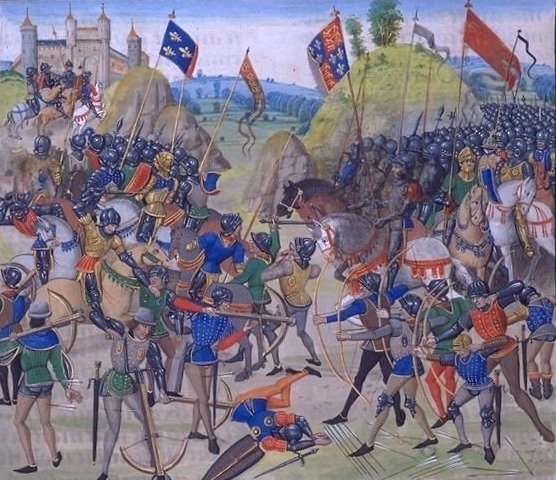INVESTIGATION 4: Have we got it all wrong?
Most textbooks, history books and many websites say that the Black Death of 1349 was bubonic plague, spread by fleas from rats.
Fleas and rats
However, in the last few year some scientists and historians have begun to question this.
There are suggestions that the Black Death may have been a different kind of disease altogether. Perhaps it was pneumonic plague, spread through the air. Maybe it was similar to the deadly disease Ebola which hit Central Africa recently. Perhaps the Black Death of 1349 and the Great Plague of 1665 were completely different diseases.
There is a big argument going on about this and people are divided. There are pressing reasons why this matters at the start of the 21st century.
Your task:
Investigate the discussion and the research and come up with your own conclusions:
(a) On balance, do you think the Black Death was bubonic plague spread by rats, or not? Explain your answer with reference to the latest research.
(b) Why is this discussion so important to us in today's world?
You can post your answers on this blog or write/wordprocess an essay. Whatever you do, back your argument with evidence.
Here are some sites to start you off
Bubonic plague?
On the trail
De-coding
Bird flu
You will also need to go back and look at the links for previous investigations.
You can find work done by students and other resources at the
gmhistory7 wiki . There are some great investigations by Tashan and Henna.




